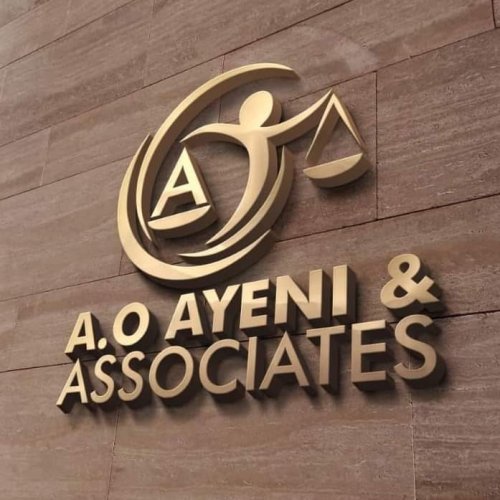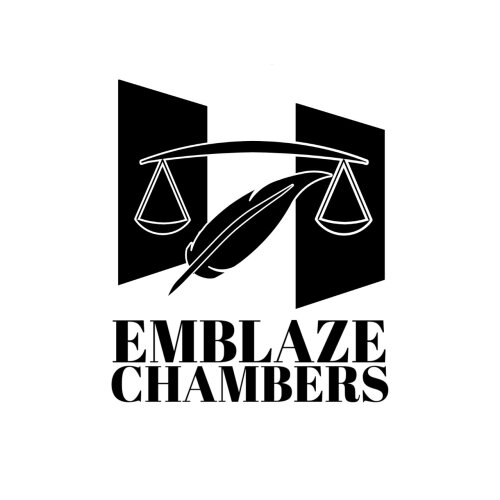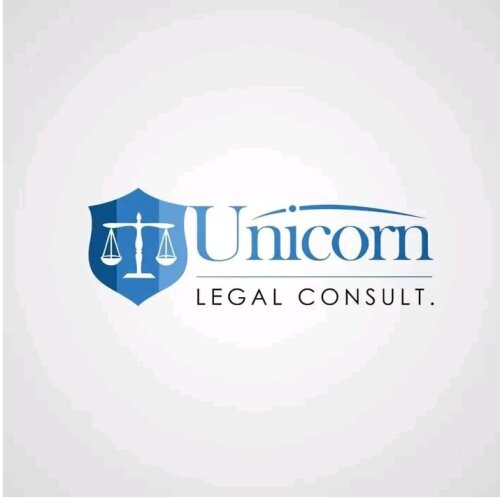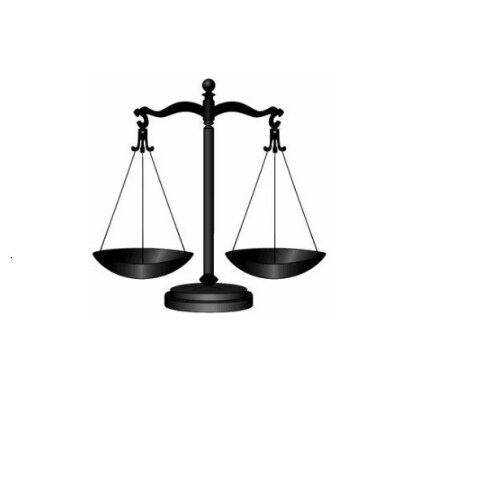Best Civil Rights Lawyers in Abuja
Share your needs with us, get contacted by law firms.
Free. Takes 2 min.
List of the best lawyers in Abuja, Nigeria
About Civil Rights Law in Abuja, Nigeria
Civil rights law in Abuja, Nigeria, encompasses a series of protections designed to ensure the basic freedoms and equality of all individuals. These rights are enshrined within the Nigerian Constitution and supplemented by additional legislation and international treaties to which Nigeria is a signatory. In Abuja, as in the rest of Nigeria, civil rights include the protection against discrimination on grounds of ethnicity, gender, religion, and more. They also include the right to free speech, peaceful assembly, and due process under the law. Efforts have been made in Nigeria, including Abuja, to promote civil rights awareness and ensure that individuals know and understand their rights.
Why You May Need a Lawyer
There are several situations where an individual might require the assistance of a lawyer specializing in civil rights. These include instances of discrimination in the workplace, unlawful arrest or detention, denial of due process, and violation of rights to free speech or assembly. A lawyer can provide essential guidance in navigating these issues and ensure that one’s civil rights are protected. Legal advice may also be necessary when dealing with complex cases involving government authorities or law enforcement to ensure that justice is sought within the proper legal framework.
Local Laws Overview
In Abuja, civil rights are primarily governed by the Nigerian Constitution, particularly Chapter IV, which enumerates the fundamental rights of citizens. This includes protection from discrimination and unlawful detention, along with the rights to personal liberty, freedom of expression, peaceful assembly, and association. In addition, laws such as the Anti-Torture Act and the Discrimination against Persons with Disabilities (Prohibition) Act further support these rights. Abuja also adheres to international conventions such as the African Charter on Human and Peoples' Rights, reinforcing its commitment to civil rights.
Frequently Asked Questions
What are civil rights?
Civil rights refer to the guarantees of equal social opportunities and protection under the law, regardless of race, religion, or other personal characteristics.
How do I know if my civil rights have been violated?
If you face unequal treatment based on personal characteristics, or if your freedoms are unlawfully restricted, you may have experienced a civil rights violation.
What protection does the law offer against discrimination in Abuja?
The Nigerian Constitution and other local laws protect individuals from discrimination on various grounds, including race, gender, and religion.
Can I challenge unlawful detention in Abuja?
Yes, individuals unlawfully detained in Abuja can seek legal redress, and a lawyer can help challenge the detention in court.
What is the role of the National Human Rights Commission in Abuja?
The National Human Rights Commission is a governmental body that investigates human rights violations and works to promote and protect human rights across Nigeria, including Abuja.
How can I file a complaint about a civil rights issue?
Complaints can be filed with relevant bodies such as the National Human Rights Commission or through legal proceedings with the help of a lawyer.
What is the importance of international conventions in local civil rights cases?
International conventions can provide additional frameworks and principles that strengthen the enforcement and interpretation of civil rights in Nigeria.
How can a civil rights lawyer assist me?
A civil rights lawyer can help you understand your rights, navigate legal processes, represent you in court, and ensure that justice is served.
Are there specific laws in Abuja for preventing torture?
Yes, the Anti-Torture Act is one such law that seeks to prevent and punish acts of torture in Nigeria, including Abuja.
What should I do if I witness a civil rights violation?
If you witness a civil rights violation, report the incident to authorities or human rights organizations, and consider consulting a lawyer for guidance on legal recourse.
Additional Resources
For those seeking support or more information on civil rights in Abuja, the following resources may be helpful:
- National Human Rights Commission
- Legal Aid Council of Nigeria
- Human Rights Watch, Nigerian Network
- Civil liberties organizations and human rights NGOs operating within Abuja
Next Steps
If you believe your civil rights have been violated or you need assistance, consider taking the following steps:
- Gather any evidence or documentation related to the violation.
- Consult with a civil rights lawyer to understand your options.
- File a complaint with relevant bodies, such as the National Human Rights Commission.
- Stay informed about your rights by seeking information from trusted sources and organizations.
Taking these steps can help ensure that your civil rights are protected and that appropriate measures are taken to seek justice.
Lawzana helps you find the best lawyers and law firms in Abuja through a curated and pre-screened list of qualified legal professionals. Our platform offers rankings and detailed profiles of attorneys and law firms, allowing you to compare based on practice areas, including Civil Rights, experience, and client feedback.
Each profile includes a description of the firm's areas of practice, client reviews, team members and partners, year of establishment, spoken languages, office locations, contact information, social media presence, and any published articles or resources. Most firms on our platform speak English and are experienced in both local and international legal matters.
Get a quote from top-rated law firms in Abuja, Nigeria — quickly, securely, and without unnecessary hassle.
Disclaimer:
The information provided on this page is for general informational purposes only and does not constitute legal advice. While we strive to ensure the accuracy and relevance of the content, legal information may change over time, and interpretations of the law can vary. You should always consult with a qualified legal professional for advice specific to your situation.
We disclaim all liability for actions taken or not taken based on the content of this page. If you believe any information is incorrect or outdated, please contact us, and we will review and update it where appropriate.
















